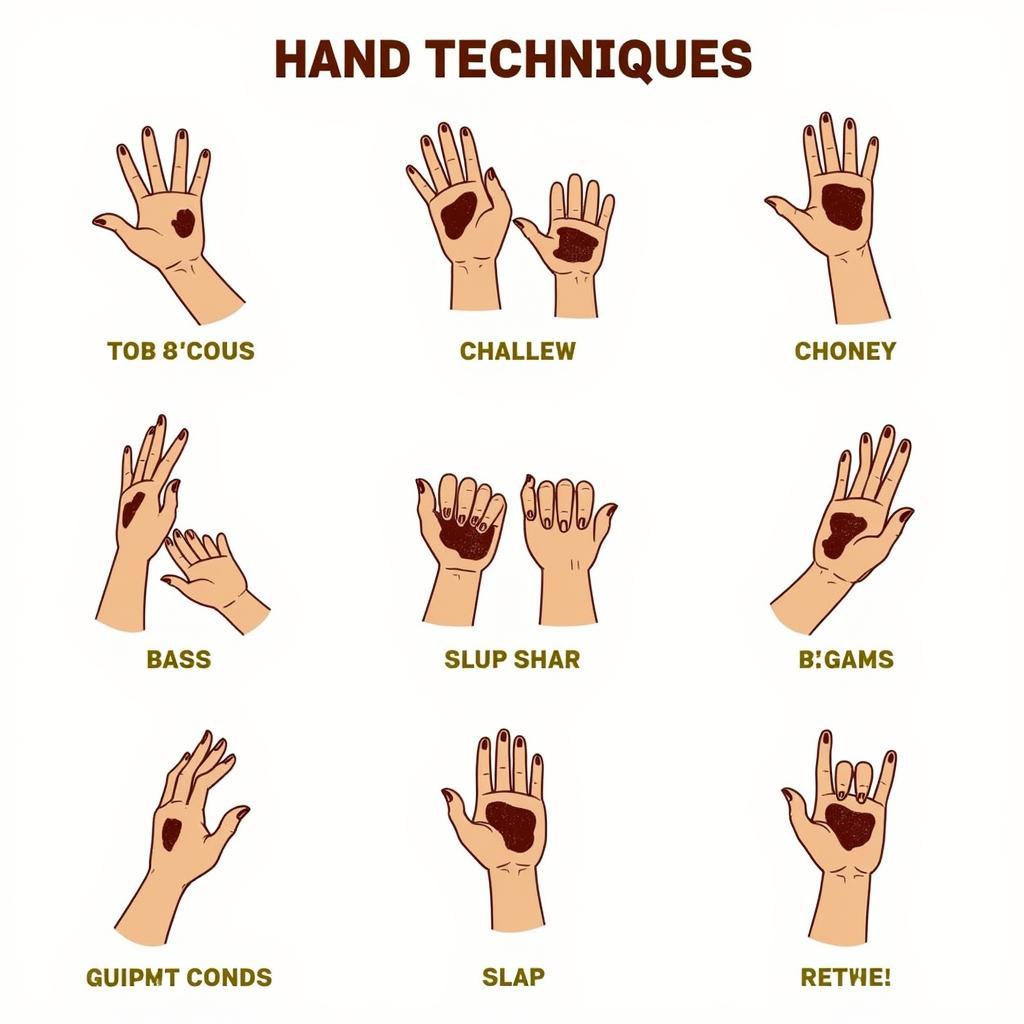A Story, A Story: An African Tapestry
A story, a story, an African tale whispers on the wind, carried across the vast savannahs and bustling cities. Africa, a continent of vibrant cultures, rich histories, and breathtaking landscapes, offers a tapestry of narratives waiting to be unveiled. From ancient kingdoms to modern metropolises, every corner of this diverse land pulses with stories that reflect the resilience, creativity, and spirit of its people. Let’s delve into the captivating world of African storytelling and explore the power it holds. After generations of oral tradition, these narratives continue to shape identities, preserve history, and connect people across time and space.
The Power of Oral Tradition: A Story, A Story, Passed Down Through Generations
For centuries, storytelling has been the lifeblood of African communities. Before the advent of writing, stories were meticulously preserved and transmitted orally, passed down from generation to generation. Griots, the keepers of history and tradition, held a revered position in society, entrusted with the responsibility of maintaining the integrity of these narratives. Through their captivating performances, they brought history to life, educating, entertaining, and instilling moral values within their audiences. These stories weren’t mere entertainment; they were a powerful tool for shaping cultural identity and preserving the collective memory of a people. They served as a bridge between the past and the present, connecting ancestors to their descendants. African American slavery movies often depict the importance of storytelling in maintaining hope and cultural identity during times of hardship.
african american slavery movies
These stories, often imbued with symbolism and allegory, tackled complex themes of life, death, love, loss, and the eternal struggle between good and evil. They explained the origins of the world, the mysteries of nature, and the intricacies of human relationships.
From Folktales to Modern Literature: An African Renaissance
While oral tradition remains vibrant, African storytelling has evolved to embrace written forms. The rise of African literature in the 20th and 21st centuries has given voice to a new generation of storytellers. Authors like Chinua Achebe, Ngugi wa Thiong’o, and Chimamanda Ngozi Adichie have captivated global audiences with their powerful narratives that explore the complexities of African identity, the legacy of colonialism, and the challenges of a rapidly changing world. Their works have not only enriched the literary landscape but have also challenged stereotypes and broadened understanding of the African experience.
What is the Significance of African Storytelling?
African storytelling plays a vital role in preserving cultural heritage, transmitting knowledge, and fostering a sense of community. It provides a platform for exploring social issues, challenging injustice, and celebrating the resilience of the human spirit. It is more than just entertainment; it is a powerful tool for social commentary and change.
African Great Lakes, a region rich in cultural heritage, has also seen a resurgence of storytelling, both in traditional and modern forms.
A Story, A Story, in Every Medium: Music, Dance, and Art
Storytelling in Africa transcends the spoken and written word. It finds expression in various art forms, including music, dance, and visual arts. The rhythmic beats of the djembe drum, the graceful movements of traditional dances, and the vibrant colors of African paintings all tell stories. They convey emotions, celebrate traditions, and offer insights into the cultural values of different communities. These artistic expressions often complement and enhance oral narratives, creating a multi-sensory experience that deepens the impact of the story.
How Does Music Contribute to African Storytelling?
Music plays a crucial role in African storytelling by adding another layer of meaning and emotion to the narrative. Through song, stories are brought to life, capturing the essence of the tale in a way that words alone cannot.
“Storytelling is the heartbeat of African culture,” says Dr. Anika Kwame, a renowned anthropologist specializing in African oral traditions. “It is the thread that connects us to our past and guides us towards our future.”
african american came from which country
Preserving the Past, Shaping the Future: A Story, A Story for Generations to Come
In a world increasingly dominated by digital media, the importance of preserving and promoting African storytelling cannot be overstated. These narratives offer a unique window into the soul of a continent, providing valuable insights into its history, culture, and people. By supporting initiatives that empower African storytellers and promote access to their work, we can ensure that these powerful narratives continue to inspire, educate, and connect people across the globe for generations to come. A story, a story, an African tale – a legacy worth cherishing.
The rise of African dictators and warlords has often disrupted the traditional ways of life and storytelling.
african dictators and warlords
Conclusion: A Story, A Story, An Ongoing Narrative
A story, a story, an African tale continues to be woven, thread by thread, across the continent. From the ancient whispers of griots to the vibrant voices of contemporary authors, the power of African storytelling remains a vital force in shaping cultural identity, preserving history, and connecting people across the globe. Let us continue to listen, learn, and share these captivating narratives, ensuring that the rich tapestry of African stories continues to enrich our world.
FAQ
- What is the role of a griot in African society?
- How has colonialism impacted African storytelling?
- What are some common themes explored in African folktales?
- Who are some prominent contemporary African authors?
- How does music contribute to African storytelling?
- What are some challenges facing African storytellers today?
- How can we support the preservation and promotion of African storytelling?
Scenarios and Questions
Scenario 1: You are researching African folktales for a school project. Where can you find reliable resources?
Scenario 2: You are interested in learning more about the impact of colonialism on African literature. What are some key authors and texts to explore?
Scenario 3: You want to experience African storytelling firsthand. What are some opportunities to attend performances or workshops?
Further Exploration
Explore more about African East Indian warriors and their history. african east indian warriors
Contact Us
For any assistance, feel free to contact us:
Phone: +255768904061
Email: kaka.mag@gmail.com
Address: Mbarali DC Mawindi, Kangaga, Tanzania.
We have a 24/7 customer support team.

